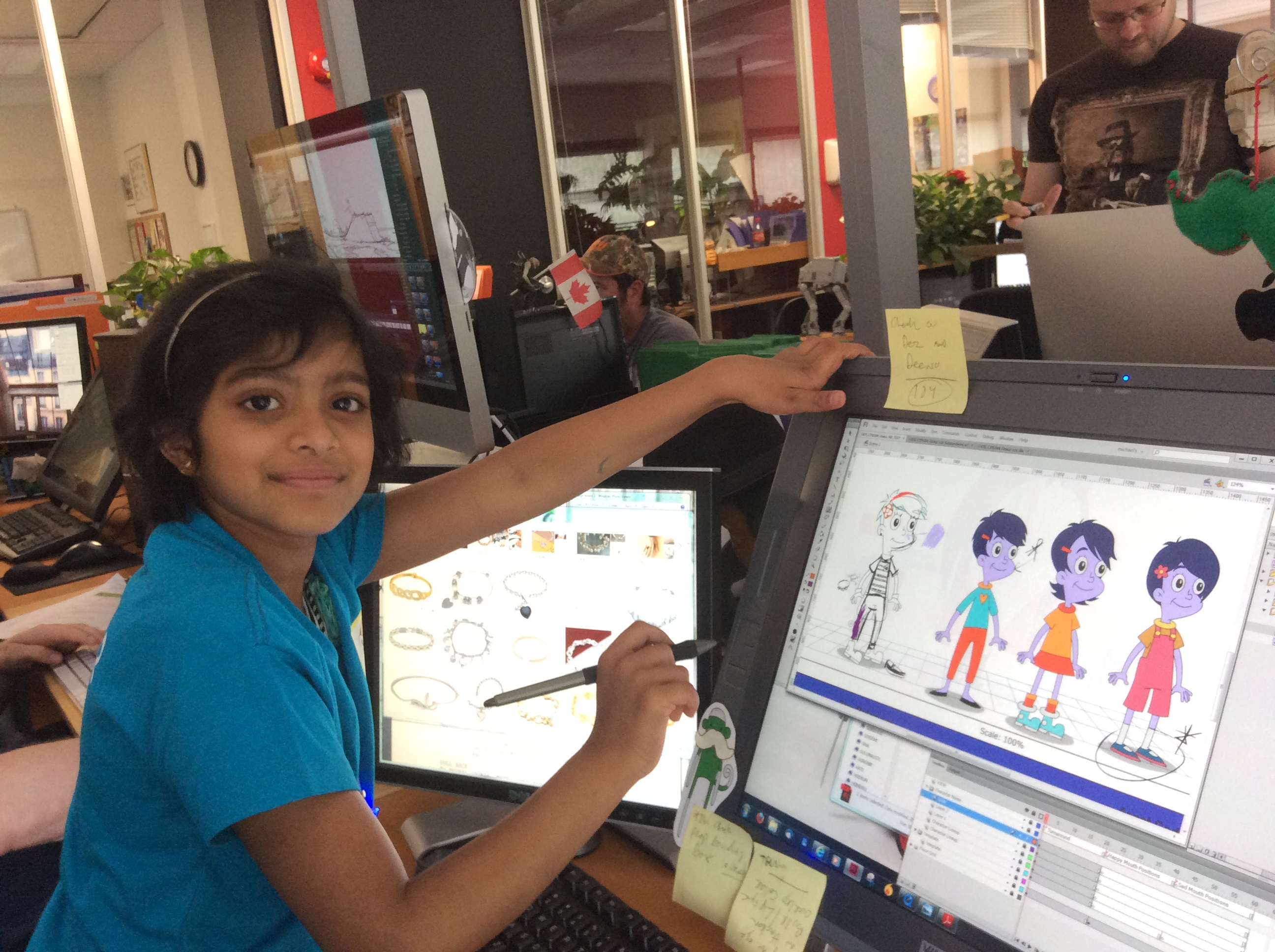This Dude’s Life: Analysis finds ‘TAL’ gender gap
This American Life has featured male voices much more prominently throughout its 22 years, according to an analysis by visual essay site The Pudding.
The Pudding analyzed TAL transcripts and found that men spoke nearly two-thirds of the words on the show, even with host Ira Glass excluded from the analysis. The analysis also found that men speak more than half the time in 70 percent of TAL episodes.
The Pudding has previously analyzed media for gender representation, and “in most cases, the shortfall in equal representation is attributed to a lack of women behind the scenes,” writes the site’s Ash Ngu. So the results for TAL were surprising, given that the show “has historically had a majority women staff in an otherwise male-dominated radio industry.”
Fifty-seven percent of TAL’s current production staff is now female, according to The Pudding, but only 41 percent of contributors and 35 percent of interviewees have been female over the show’s run.
The Pudding shared its results with Glass, who said, “The fact that our mostly female staff and I have created a show where most of the voices are men is interesting and, frankly, disturbing. I shared the findings with the staff and we were not exactly sure what to do with it. It’s a sobering thing to see.”
Glass also told the site that the program has been working to increase diversity of its stories by hiring a diverse staff.
“The good news is that the data supports this notion,” Ngu wrote. “Women reporters tend to produce acts with slightly more female interviewees than male reporters.” She also noted that “the gender gap has slowly been closing” since the show began in 1995.
The Pudding shared its data available via Google Sheets.







Left implied but unsaid is that while This American Life may have a lot of women working there, the core of the show is still the host (as is usually the case for most public radio shows) and Ira is a man. It’s his style, his *judgment*, that provides the driving ethos of the show.
Ergo, if having gender parity in speaking time is a relevant and important metric of inclusiveness in the show (and I’m not 100% sure it is; there’s not all that much data presented to back up that assertion…but for the moment I’m more than willing to accept it as axiomatic) then what needs to happen is recognition that Ira’s judgment…however useful it has been to date…is fundamentally flawed when used towards this goal. Therefore, something else must be substituted that overrides Ira’s judgment.
I see only two ways this could effectively be done:
1. Ira takes a yearlong sabbatical, and a woman runs the show and is the host in that absence. As much as is possible, don’t change anything else in the show’s production method. See if gender parity in speaking time changes. FWIW: preferably not a woman who’s already been working with TAL for a long time, as anyone who’s worked there for any duration will have already assumed the show’s ethos and judgment as their own Sarah Koenig is fabulous, but she’s part of the TAL world. I’m personally inclined to nominate Mallory Ortberg, but I’m sure there are hordes of qualified candidates out there.
2. Ira & team come up with an algorithm for making decisions about how the show is produced, and they always, always, ALWAYS use the algorithm to make those decisions…no matter how much they think the algorithm is wrong. This has a more intriguing concept behind it; the idea that a world-class public radio show can be distilled to a series of yes/no questions (i.e. an algorithm), even if it’s a lot of yes/no questions…like dozens of them. I liken the idea to the story, popularized in Malcolm Gladwell’s “Outliers” of how Cook County Hospital overhauled their Emergency Department for diagnosing heart attacks and removed doctors’ judgment from the equation…because their judgment was incredibly poor in this circumstance (this is not a value or moral determination; it’s a reflection of how human beings are really good at, as Gladwell says in “Blink” rapidly processing a tremendous amount of information to arrive at a decision…but only under certain circumstances can we have any assurance that such decisions are even remotely correct by any objective measure…and often we cannot ourselves tell when we’re wrong). The hospital replaced the doctors’ judgment with an algorithm based on purely objective measurements and observations, and diagnostic accuracy skyrocketed. Most importantly, it let doctors disregard an inaccurate diagnosis…no matter how likely it seemed…and thus focus more on “well, if it’s not a heart attack…then what IS wrong with this person that would cause these symptoms?” That’s what can happen here; no matter how likely it *seems* a given episode is part of the overall gender parity as far as the producers are thinking, if the algorithm says it isn’t…it frees them to think “how else CAN we tell this story and still be gender inclusive?”
It would be interesting to see The Pudding’s analysis applied to other shows that have a female host and an equal (or female-skewed) gendered staff as well, and see if the “bias” towards male speaking time is reduced, the same, or worse?